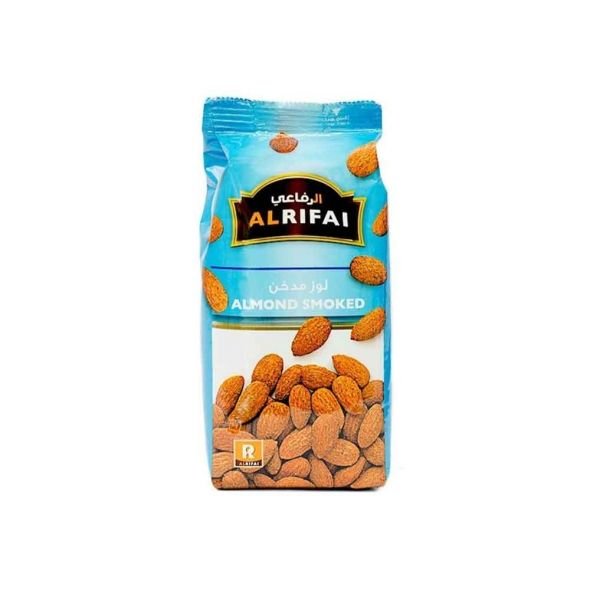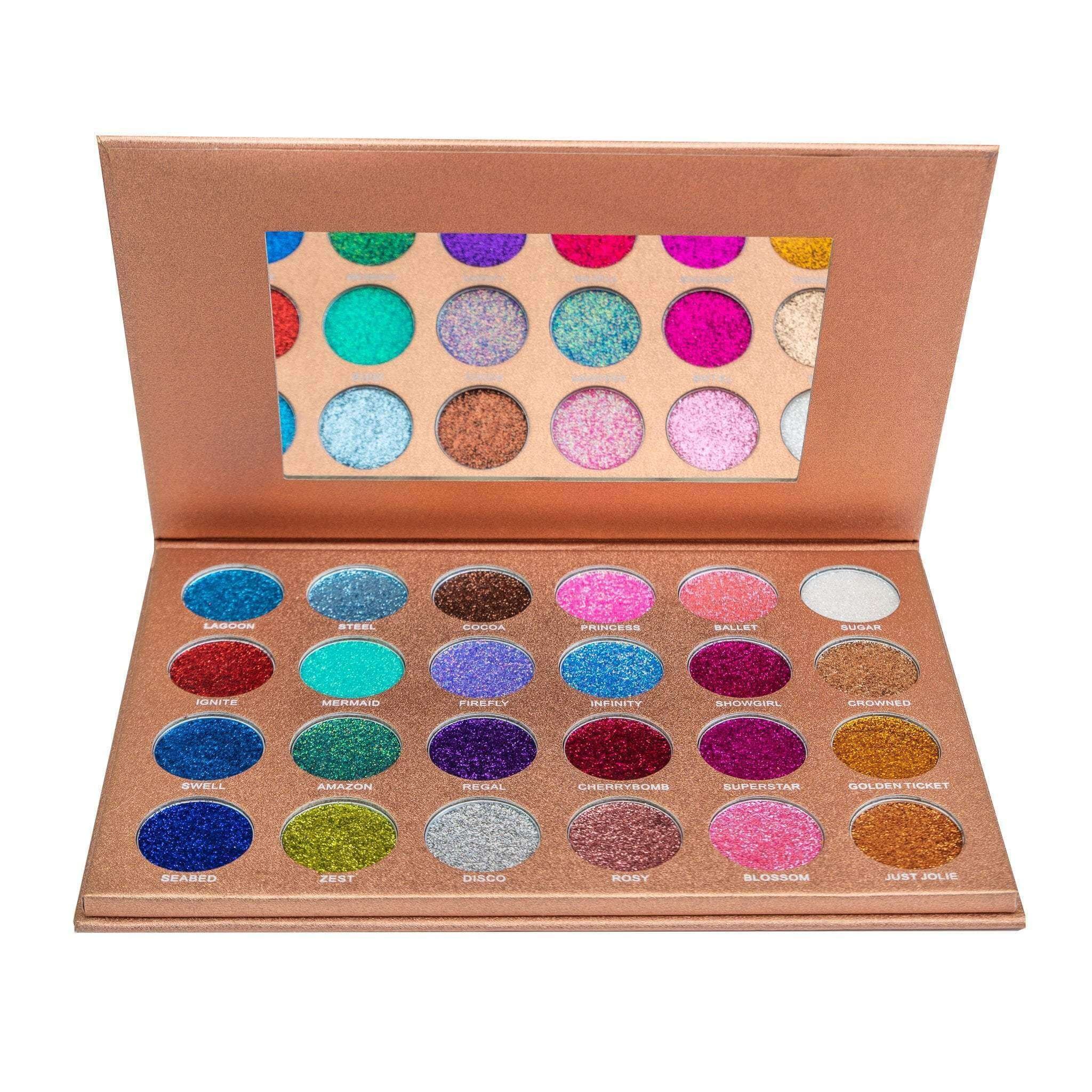THE
GLORY
FOR
YOU
RANK
A quality label is a key entry ticket to the international market.
The advantages of your product can be highlighted with it.
A.A. Halal Plus
The teachings of halal are line with the United Nations’ 17 interlinked global goals such as Zero Hunger and Life On Land. Therefore, the halal industry is regarded as a paradigm for sustainable development goals in the era of the Industry 4.0.
Halal is also one of the healthiest diets. Therefore, we want to further combine the concept of halal food with a clean label, namely AA Halal Plus, which allows consumers to identify excellent halal food at a glance.
The flavors
you create
move people's
hearts

|
SPECIAL JURY |

|
THREE STARS |

|
TWO STARS |

|
ONE STAR |

|
GREAT TASTE |

About Halal
“The global halal food market reached a value of US$ 1.9 trillion in 2020. Looking forward, we expects the market to grow at a CAGR of 11.3% during 2021-2026.”
- IMARC Group
The Muslim population is the second-largest in the world with around 1.9 billion people, and it was the fastest growing religion globally in 2015. Every country around the world has its own Muslim community, thus opening up many routes to the market and opportunities for halal products.
Over the past few years, halal food items have become popular amongst both Muslim and non-Muslim consumers as they have evolved from being an identifying mark of religious observation to an assurance of food safety, hygiene and reliability. For example, slaughtered halal animals undergo two health checks as compared to the single inspection performed on conventional animals. Moreover, several Islamic and non-Islamic countries are implementing stringent regulatory frameworks, which consist of globally-accepted standards, to attract novel entrants into the market.
In addition, the definition of halal is extended to every field, It includes every sector you can think of: from the most obvious, food and beverages, to sectors like fashion, cosmetics, tourism, and even fertilizer. It also includes everything related to a respectful, healthy lifestyle.
What is Halal & Halal Food?
Halal is an Arabic word meaning lawful or permitted. In reference to food, it is the dietary standard, as prescribed in the Qur’an (the Muslim scripture). The opposite of halal is haram, which means unlawful or prohibited. The source for Muslims in everything is Qur’an and Sunnah.
Muslims eat to maintain a strong and healthy physique in order to be able to contribute their knowledge and effort for the welfare of society. Muslims are supposed to make an effort to obtain the best quality nutrition.
In general, every food is considered halal in Islam unless it is specially prohibited by the Qur’an or the Hadith. By official definition, halal foods are those that are:
- Free from any component that Muslims are prohibited from consuming according to Islamic law (Shariah).
- Processed, made, produced, manufactured and/or stored using utensils, equipment and/or machinery that have been cleansed according to Islamic law.
Why the Market is Growing Today
The Halal market covers more than just food and beverages. The Halal industry has experienced a soaring demand for Halal products worldwide such as cosmetics, toiletries, pharmaceuticals and now even services including travel, banking, finance, and logistics.
Because of the increase of products, many consumers are looking for Halal-certified food and many manufacturers are looking to get Halal-certified. Getting Halal certification is not an easy feat. Every country has its own Islamic council that is certified to give the official Halal seal of approval.
- The industry has expanded across many other markets and regions outside of the Middle East; this is reflected especially in Asia.
- The international market also benefits from the Halal market as there is almost always a Muslim community that has a need for Halal products in a country. In many local communities, it is thought that not all Halal logos are legitimate, so having well-known and trusted Halal certifications can help businesses in the long run.
- There is a high demand for Halal products because of the growing Muslim population.
Future of the Halal Industry
The global Halal industry is estimated to be worth around US$2.3 trillion. Growing at an estimated annual rate of 20 percent, the industry is worth about US$560 billion per year. Moving forward, here are the trends we see happening for the years to come.
- In recent years, due to the increase of affluent Muslims, the Halal industry has expanded further into lifestyle offerings, including Halal travel and hospitality services as well as fashion and cosmetics.
- There is also an increase in non-Muslim consumers, noting “health”, “food safety” and “great taste” as reasons to seek Halal food. This development has been triggered by changes in the mindset of healthy food, as well as the call for more ethical practices worldwide.
The global Halal market has emerged as a progressive component in the global economy. With a Muslim and non-Muslim consumer base that is increasing every year, the Hhalal industry is set to become a competitive force in the international business world. Based on the high standard of halal, A.A. launched AA Halal Plus combined with the concept of a clean label, providing new standards for all halal markets, not only in compliance with halal standards, but also able to achieve higher standards of deliciousness and cleanliness.







